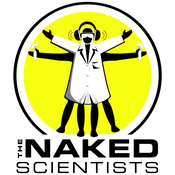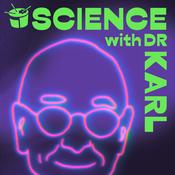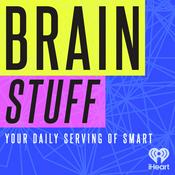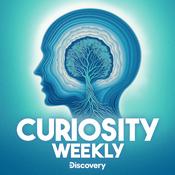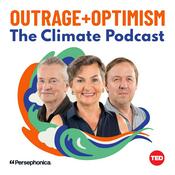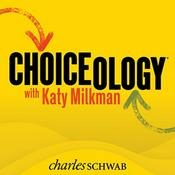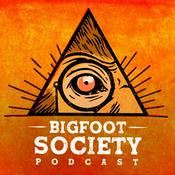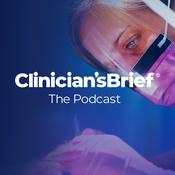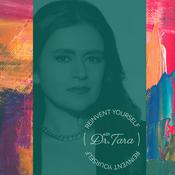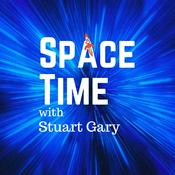9 episodes
- Not all cases of epilepsy are the same. Some people suffer a few seizures, begin taking one of 30 or more epilepsy medications available, and live a typical life.
But for about a half million U.S. children with treatment-resistant disease, it’s far worse. Their seizures keep coming, making them more likely to die young. They’re at greater risk for learning problems, social and emotional difficulties, and social isolation.
Many of these epilepsies are caused by genetic mutations. Matthew Weston, a neuroscientist at Virginia Tech's Fralin Biomedical Research Institute, leads a team working to identify them.
In the latest episode of Big Science Small Pod, Weston explains what happens in the brain during seizures and how his lab is researching their genetic roots to help develop new treatments for children.
“My goal,” Weston said, “is to understand this in a way that has an … effect on patient care, focused on making these kids’ lives better.” - Lining the vessels that carry blood and oxygen to your brain, there’s a protective filter than keeps bad stuff from getting out of the bloodstream and into the brain where it can do harm. It’s called the blood-brain barrier. But this feature becomes a problem when doctors need to get chemotherapy to a brain tumor. That protective barrier then stands between cancer and drugs that could treat it.
Physician-scientist Cheng-Chia “Fred” Wu of the Fralin Biomedical Research Institute is investigating how to use sound to temporarily open that barrier to allow cancer drugs to reach brain tumors, like those caused by the highly lethal childhood cancer he treats, diffuse midline glioma.
“As a radiation doctor, I point beams to fight cancer. That's what we do. Point and shoot,” Wu said. “Ultrasound is very similar to radiation in many ways … and so when I first learned about it, I just felt that this was a technology that can really be transformative.” - The childhood brain cancer diffuse intrinsic pontine glioma (DIPG) and diffuse midline glioma (DMG) are rare but aggressive cancers, and physicians lack an effective systemic therapy for them. Dr. Wu researches novel technologies to develop a precision-medicine based approach for drug delivery to treat these tumors. Focused ultrasound (FUS), used in combination with new and existing drug therapies as well as radiation, holds promise for improved treatments in these and other cancers. With labs at the Fralin Biomedical Research Institute at VTC in Roanoke and the Children's National Research & Innovation Campus in Washington, D.C., Dr. Wu aims to leverage technological advances from Virginia Tech and patient trial expertise at Children's National to advance cancer care for children and others.
- The cerebellum hasn’t gotten much love from brain scientists historically, but neurobiologists today are discovering how it works to control motor functions, and how problems in that brain region cause movement disorders.
Research by Meike van der Heijden, neurobiologist and assistant professor at the Fralin Biomedical Research Institute at VTC, has found that disorders like dystonia and tremors are connected to changes in how nerve cells in the cerebellum communicate.
Van der Heijden says the key to understanding what goes wrong in the cerebellum might lie in understanding normal development in children.
“If we understand what is the timeline of that normal development,” she asked, “can we kind of use that to back engineer treatments … in adulthood.” - Sound has been harnessed for uses from medical imaging to SONAR. Now, scientists are exploring how ultrasound can be focused and used to treat conditions as varied as chronic pain, addiction, and cancer. Wynn Legon explains the evolution of focused ultrasound and how his lab is contributing to the growing list of whats the technology can benefit our health.
Wynn Legon is an assistant professor at the Fralin Biomedical Research Institute at VTC in Roanoke. His lab studies the use of low-intensity focused ultrasound (LIFU). LIFU is an emerging form of noninvasive neuromodulation that uses mechanical energy to affect neuronal activity. The technology combines high spatial resolution with deep focal lengths providing unprecedented non-invasive access to the human brain. The enormous potential of low-intensity focused ultrasound stems from the ability to focus it through the intact skull to a millimeter-sized focal spot virtually anywhere in the brain. This makes it a powerful alternative to both invasive neurosurgical procedures and other non-invasive brain stimulation techniques.
More Science podcasts
Trending Science podcasts
About Big Science Small Pod
A compact guide to how your body works, powered by the world-class scientists of Virginia Tech’s Fralin Biomedical Research Institute. The Fralin Biomedical Research Institute at VTC is one of the nation’s fastest-growing academic biomedical research enterprises and a destination for world-class researchers. The institute’s scientists focus on diseases that are the leading causes of death and suffering in the United States, including brain disorders, heart disease, and cancer.
Podcast websiteListen to Big Science Small Pod, Science Weekly and many other podcasts from around the world with the radio.net app
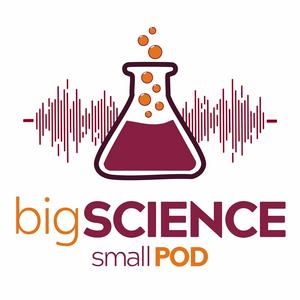
Get the free radio.net app
- Stations and podcasts to bookmark
- Stream via Wi-Fi or Bluetooth
- Supports Carplay & Android Auto
- Many other app features
Get the free radio.net app
- Stations and podcasts to bookmark
- Stream via Wi-Fi or Bluetooth
- Supports Carplay & Android Auto
- Many other app features


Big Science Small Pod
Scan code,
download the app,
start listening.
download the app,
start listening.











